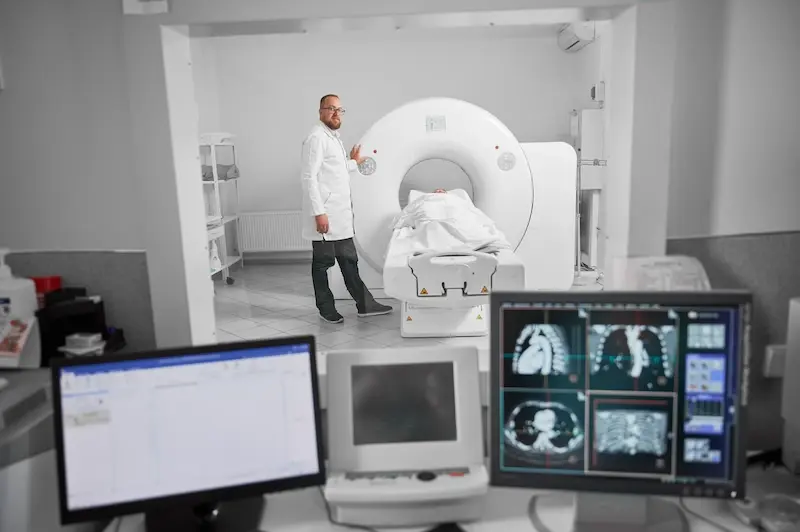Replacing unsafe languages in healthcare

An MRI machine which typically uses C/C++
Why?
Historically, languages like C and C++ have been associated with critical errors in healthcare due to their complexity and susceptibility to bugs.
Replacing traditional programming languages like C and C++ with Rust in healthcare is a significant and beneficial shift. Rust is designed to offer better memory safety, concurrency, and performance, which are critical in healthcare applications where reliability and accuracy are paramount.
Examples of failures
Software written in C and C++
Therac-25 Machine
This infamous case involved a radiation therapy machine malfunctioning due to software bugs in its C code. It led to several patients receiving lethal doses of radiation. The issue was primarily linked to race conditions and inadequate error handling, problems Rust's design helps prevent.
Heart Pacemakers
There have been instances where pacemakers, often programmed in C, malfunctioned due to software errors. These malfunctions can be fatal. Rust's focus on safety and concurrency can minimize such risks.
Hospital Systems
Hospitals use various systems and equipment (like MRI machines) that, if malfunction due to software errors in C or C++, can lead to misdiagnoses or treatment errors.
Heartbleed Bug
The Heartbleed bug affected millions of web servers and systems, exposing sensitive user data. It required a massive coordinated effort for patching and security certificate revocation and reissuance across the internet. The bug was caused by a memory safety error in C code.
How can Polydelic help?
By adopting Rust, healthcare enterprises can significantly reduce the risk of such catastrophic failures. Rust's compile-time error checking and emphasis on safe coding practices make it an ideal choice for critical systems in healthcare, enhancing patient safety and system reliability.
At Polydelic we're on a mission to help healthcare enterprises adopt Rust. Polydelic has expertise in replacing existing systems with Rust, contact us to setup a meeting and learn more.

Call us
Click to call us directly